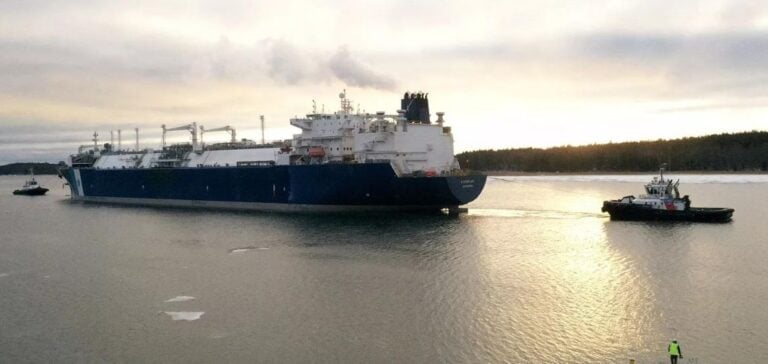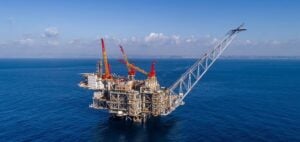Gasum, a key gas supplier to the Nordic region, has announced that it will stop buying and importing Russian LNG from July. This decision is in line with the new package of sanctions imposed by the European Union against Russia, targeting the country’s gas exports for the first time. The recent adoption by EU member states of a 14th sanctions package marks a significant step forward in the pressure exerted on Russia. The sanctions include a clause prohibiting the purchase or import of Russian LNG via EU terminals not connected to the EU gas grid. This measure, added at the request of Sweden and Finland, enables these countries to terminate certain LNG contracts. Unlike other LNG sanctions, which won’t come into force until 2024, this specific clause for Finland and Sweden will be effective from July 26.
Compliance with Sanctions and Contractual Consequences
Gasum pointed out that the sanctions imposed by the EU do not allow it to terminate its contract with Gazprom Export. However, they are a force majeure when it comes to purchasing or importing Russian LNG to off-grid terminals. Gasum’s long-term contract with Gazprom Export, concluded before 2022, is a take-or-pay agreement, obliging Gasum to pay for the contracted gas, whether it is used or not. Without these sanctions, Gasum would have lacked the legal basis to halt its purchases. Already, most of the LNG Gasum sources comes from countries other than Russia. The company has stated that it will replace Russian volumes with supplies from other sources.
Impact and future prospects
The terminals operated by Gasum in Sweden and Finland are all affected by the latest sanctions. In particular, the company buys LNG from the Kryogaz-Vysotsk plant, controlled by the Russian firm Novatek. Gasum’s decision to stop importing Russian LNG represents a significant step in the EU’s collective effort to diversify its sources of energy supply and reduce its dependence on Russian gas. As Europe continues to strengthen its measures against Russia, the energy industry must adapt quickly to meet the growing need for clean, secure energy.
The EU’s decision to sanction Russian gas exports could prompt other countries and companies to follow Gasum’s example. By diversifying its sources of supply, Gasum not only complies with European regulations, but also ensures energy continuity and security in the Nordic region. The evolution of sanctions and their impact on the European energy market will be closely monitored. This could act as a catalyst for increased innovation and investment in alternative and renewable energy solutions, strengthening Europe’s long-term energy resilience.





















